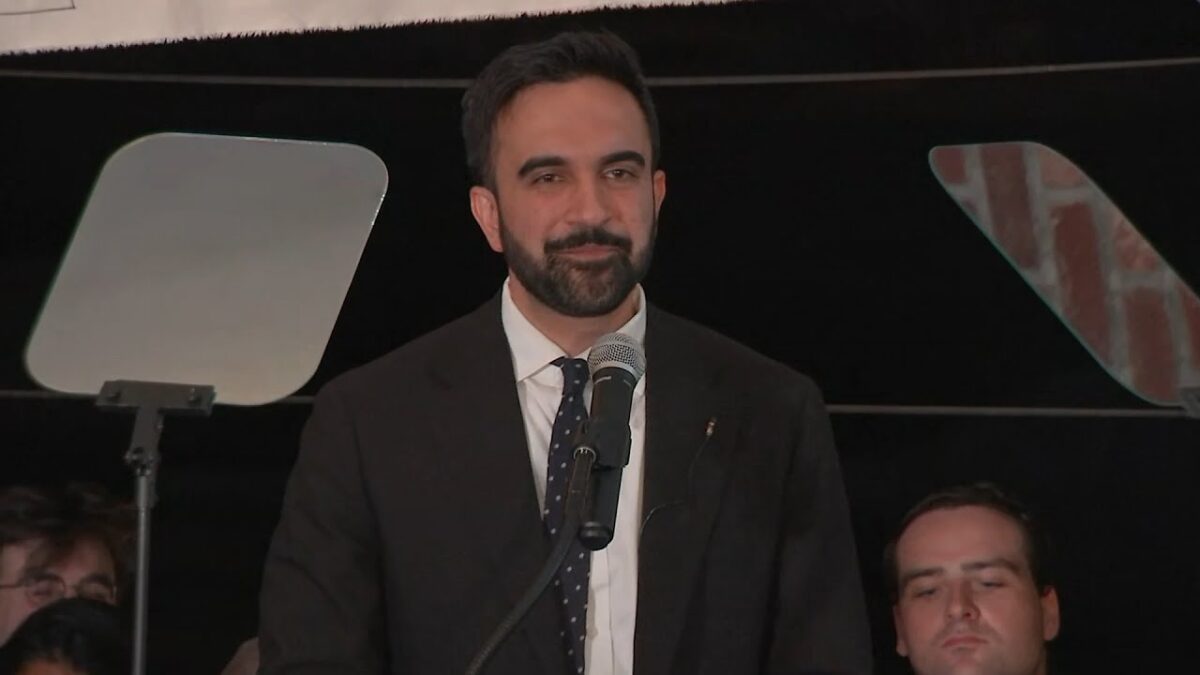House Republicans led by Rep. Randy Fine of Florida have asked the Justice Department to take a closer look at how Zohran Mamdani became a U.S. citizen. Fine told the New York Post, “review every naturalization of the past 30 years, starting with Mamdani,” and doubled down with, “If they’re not Americans, they can’t be in office.” Rep. Andy Ogles made an even bolder public appeal on X, writing, “REVOKE Zohran Mamdani’s citizenship and DEPORT him back to Uganda,” while NBC News noted Ogles pointed to rap lyrics he says show support for Hamas. The White House press secretary Karoline Leavitt chimed in with a measured, “Surely if they are true, it’s something that should be investigated.” President Trump has also accused Mamdani of being an illegal immigrant, a claim reported as lacking evidence.
https://twitter.com/nicksortor/status/1938303633008812114
Here’s how this actually works under U.S. law. The Justice Department can file a civil action to denaturalize someone, but the standard is demanding; DOJ must prove that citizenship was obtained illegally or through fraud, misrepresentation, or concealment of a material fact. Historically, denaturalization is rare, and the government carries a heavy burden in federal court to strip someone of citizenship. It’s not a quick administrative checkbox. It’s litigation.
So the practical pathway looks like this: Republican lawmakers send letters, DOJ decides whether to investigate, investigators would need to assemble documentary and testimonial evidence that something material was lied about or concealed at the time of naturalization, then a federal court would have to be persuaded. If successful, denaturalization opens the path to removal proceedings, but that too has legal fights and appeals.
Politically, the spectacle helps energize bases on both sides. Conservatives who prioritize rule of law and immigration integrity will cheer calls for accountability; Democrats and civil libertarians will warn about weaponizing denaturalization for political ends. There are also logistical questions; Rep. Fine’s call to “review every naturalization of the past 30 years” sounds better as a rallying cry than as an implementable plan.
Bottom line, the mechanism exists and has been used before, but it is neither easy nor automatic. If lawmakers want enforcement, they can push DOJ to investigate, but the courts will demand proof. That is how a republic that values both national security and individual rights is supposed to work, even when the politics get heated.




Leave a Comment